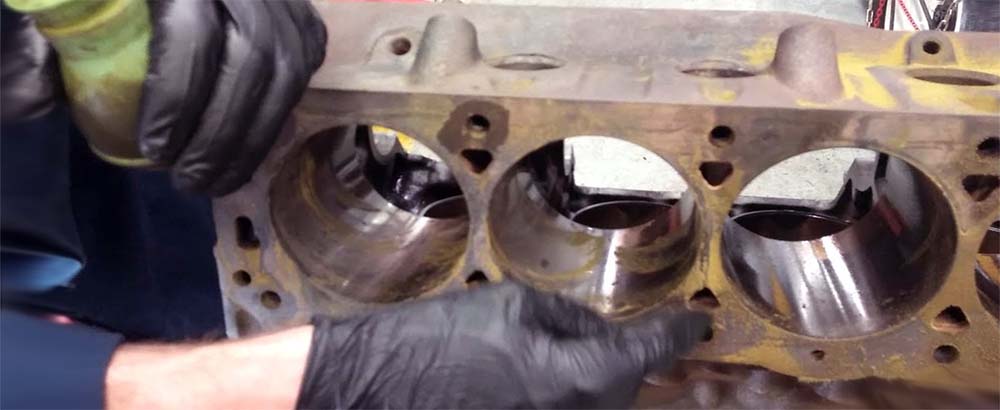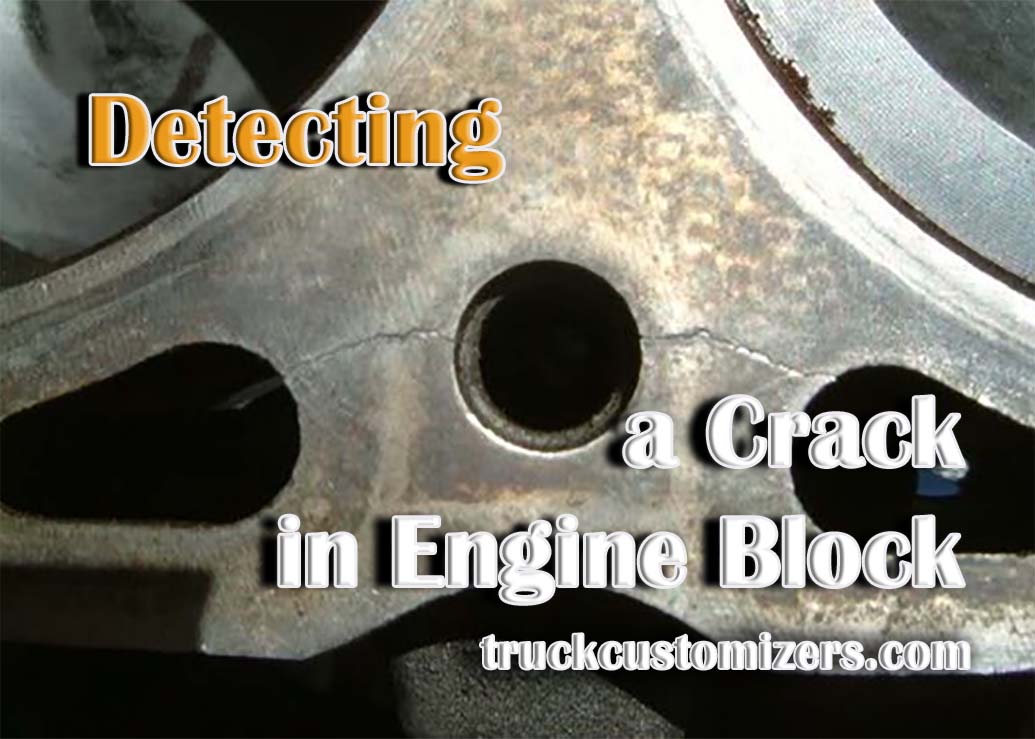The engine block, sometimes referred to as the “heartbeat” of a vehicle, serves as a vital component that determines the performance and life of the vehicle. Known as the ‘cylinder block,’ it accommodates several important parts of the engine like the cylinders, coolant passages, oil passages, and in some cases, the camshaft. Essentially, it forms the solid base upon which the entire engine assembly is constructed and performs. Hence, any damage to this fundamental component, such as a crack in the engine block, can severely affect the vehicle’s performance, fuel efficiency, and even safety. Therefore, knowledge about the causes, detection methods, and remedies for a crack in an engine block is fundamental for any responsible vehicle owner.
Causes of a Crack in Engine Block
Cracks in engine blocks typically result from extreme conditions that put excessive stress on the block. Overheating is one of the primary culprits that can cause an engine block to crack. This might be due to a faulty cooling system, radiator issues, or low coolant levels. Furthermore, continuous aggressive driving without giving the engine adequate time to cool down can also contribute to cracks forming over time. Improper engine assembly, poor casting during the manufacturing process, or the use of inferior materials can also lead to the formation of cracks. Physical damage resulting from accidents or collisions is another potential cause.
Signs and Symptoms of a Crack in Engine Block
Identifying a crack in an engine block can be challenging as it often requires meticulous inspection. However, several symptoms can hint towards this serious issue.
These include:
- Constant overheating of the engine
- Declining engine performance
- Visible cracks on the engine block
- Coolant or oil leaks from the engine block
- Presence of smoke or steam from under the hood
It’s crucial to remember that these symptoms can also indicate other problems with the vehicle. Therefore, a thorough inspection by a professional mechanic is advisable for an accurate diagnosis.

Dealing with a Crack in Engine Block
Dealing with a crack in your engine block necessitates immediate action to circumvent further damage. Preliminary measures include conducting a leak-down test, which can help ascertain if there’s a crack. Another common technique involves using a dye penetrant that seeps into the cracks, making them visible. If a crack is confirmed, repair strategies largely depend on its severity and location. Small, accessible cracks might be repairable through processes like metal stitching or cold metal stitching, or welding, which should be conducted by professionals due to the high skill level required. In extreme cases, if the crack is too severe or the engine block is beyond repair, replacement of the entire block might be the only option. Post such intervention, effective tuning using advanced technology like the Best Tuner for GMC Sierra can greatly enhance engine performance.
Preventing Cracks in Engine Blocks
Preventing a crack in the engine block primarily involves regular and proper maintenance along with careful driving habits. Here are a few preventive measures:
- Ensuring the cooling system functions optimally to prevent overheating
- Regularly checking and maintaining appropriate coolant levels
- Avoiding aggressive driving, particularly with a cold engine
- Regular servicing of the vehicle as per the manufacturer’s schedule
Remember, an ounce of prevention is worth a pound of cure, particularly when the ‘cure’ might involve hefty expenses and extensive downtime.
Conclusion
In conclusion, a crack in the engine block, while being a serious issue, can be managed with prompt action, expert assistance, and proper follow-up care. Increasing your understanding of the causes, identifying the signs early, and knowing how to respond can significantly influence your vehicle’s health and longevity. Beyond merely addressing issues as they arise, a proactive approach that includes regular servicing and careful driving practices can greatly enhance your vehicle’s performance and longevity.



